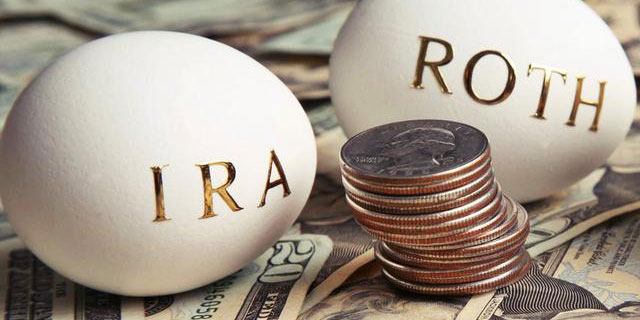After-hours trading ranges from different durations depending on the market and trading venues. At this point, investors need to contact their brokerage firms to get an idea about the availability of the faster trading hours’ sessions.
Investors must be aware of different markets and venues where trading hours are possible to conduct. More importantly, this type of trading may have different rules than regular trading rules.
There are several types of differences like types of orders, the presence or absence of market makers, and the rules for investors.
It is an actual outcome that after-hours trading usually takes place on a computerized trading system. In other words, it is named an “electronic market” that functions beyond regular trading hours. In addition, these markets include alternative trading systems and electronic communications networks. In addition, they may include marketplaces and exchanges that use electronic trading platforms.
Benefits of After-Hours Trading
Here are certain benefits that you can get after trading hours.
1. Convenience
After-hours trading offers convenience that you can not avail during day trading sessions. It may be possible that there are some news events during off-peak times, like company earnings releases. It is a convenient platform for traders to trade immediately and save themselves from waiting for the following position.
2. Pricing opportunities
The second benefit that after-hours trading offer is; it gets categorized by volatile stock prices. It is helpful for traders to benefit from attractive stock prices in off-peak hours. It is possible that when any stock gets affected by a news event, a trader may get instant benefit from that. However, it can be the most significant benefit if stock prices move to a practical level so that it can offer you multiple benefits.
3. Latest Information
In addition, off-peak sessions allow you to avail this opportunity to trade new information after the closing of regular trading. Nevertheless, this information may be helpful that trader can react in its return to make it beneficial for him before the regular trading session starts.
Risks of After- Hours Trading
1) Order Handling
When dealing with orders throughout regular market hours, you must follow a set of rules, however these restrictions do not apply beyond trading hours. Investors need to check with their brokerage firms to know how orders get placed during after-hours trading.
2) Lack of Liquidity
Another potential risk is a lack of liquidity. It represents buyers and sellers who intend to trade with upcoming orders. If there is a lack of liquidity, it can affect your ability to buy and sell immediately with an unexpected effect on stock’s price.
In addition, buyers and sellers during regular market hours have to complete on trading interest. So, after-hours trading has comparably more miniature trading and has less price competition for most stocks.
So, the above scenario can raise trading costs, and there is more uncertainty in terms of prices. Ultimately, it can be complex to continue trading in the above conditions. There are fewer market makers that do active marketing in all stocks. Even many stocks do not prefer to trade in after-hours trading.
3) Price Instability
Those stocks with less trading activity may find more significant price fluctuations. These flexibilities are more common in regular trading hours.
4) Uncertain Prices
After-hours trading deals with multiple prices for some stocks that are less likely to impact the prices of regular trading hours. It may affect at the end of a regular trading session or trade at the opening of new day trading.
5) High competition
If you are an individual investor, it may be unfavorable for you to invest in after-hours trading because you may get pressure to compete with institutions that make significant investments. They have a solid financial position to invest a large amount of capital in stocks. Plus, these are institutions have a robust backup and take help from a professional advisor. So, they take benefit of their skilled advisors in executing trades.
6) Specific Time Limit
As an investor, you must check the brokerage firm appropriately to get an idea about orders executed during after-hours trading. In addition, these may be automatically added after regular market hours gets finished.
Conclusion
In a nutshell, after-hours trading can provide you benefits to an extent. Still, it can also have some drawbacks that you need to keep in mind while selecting this type of trade for your business.


